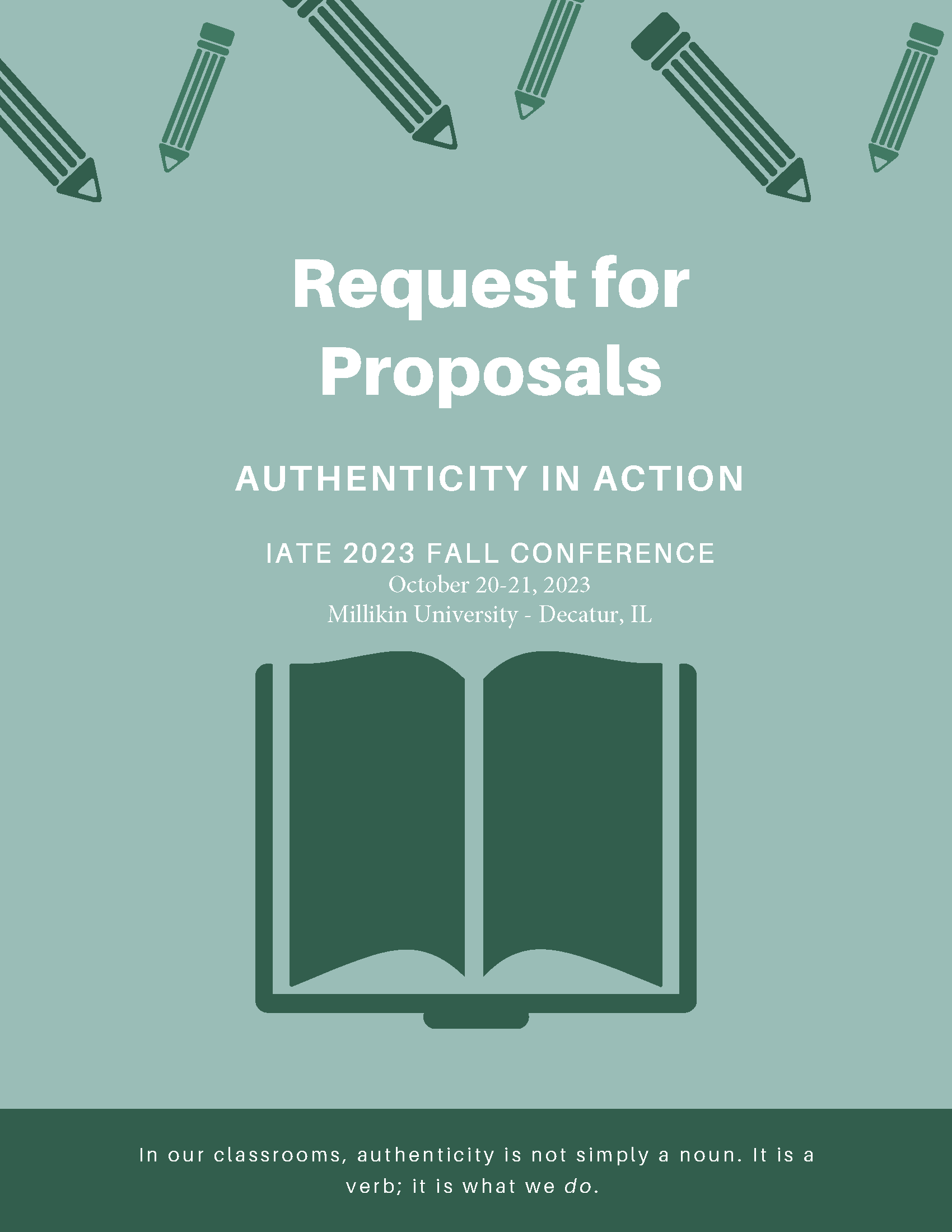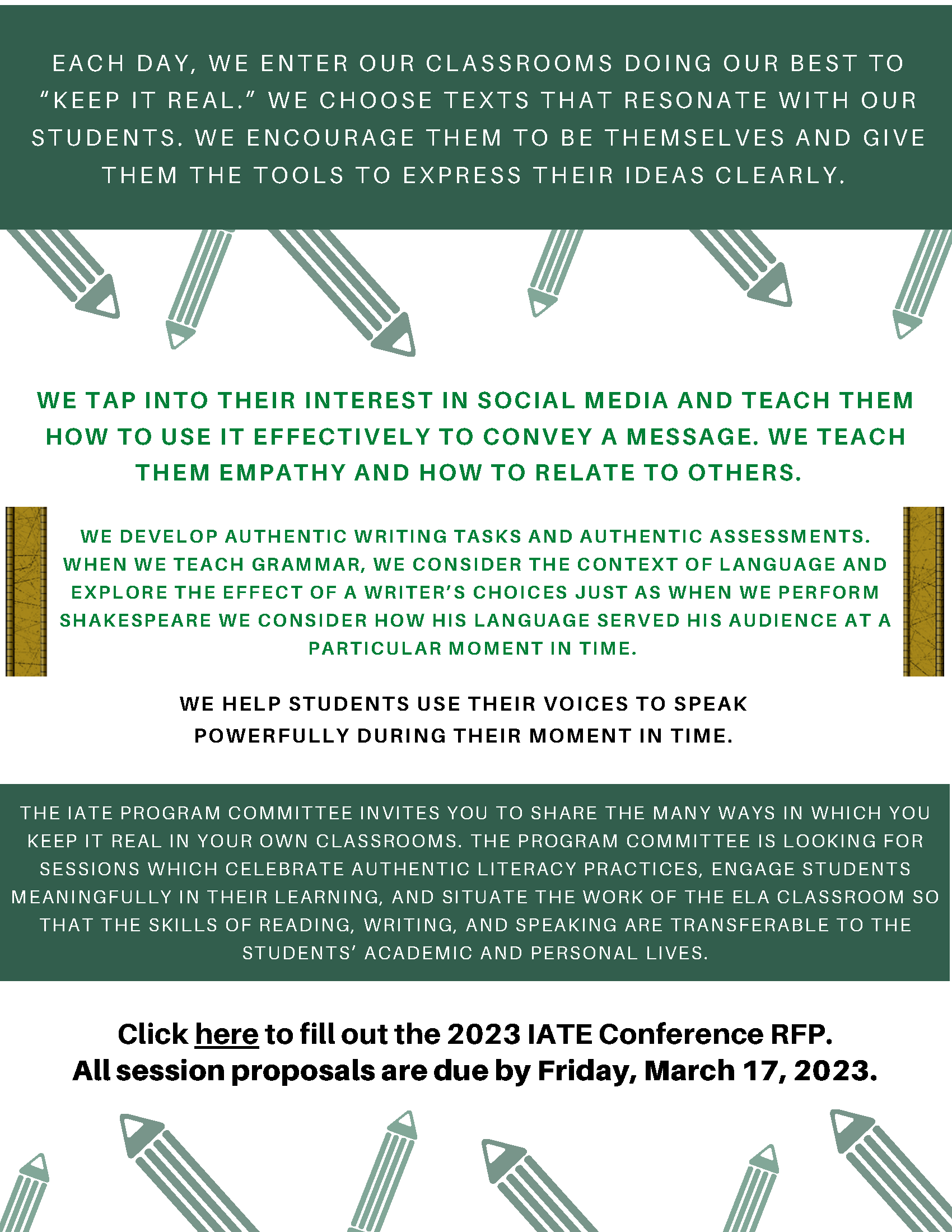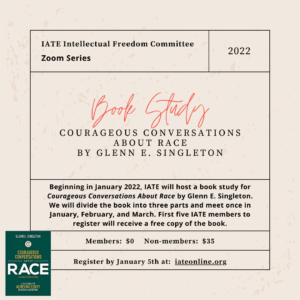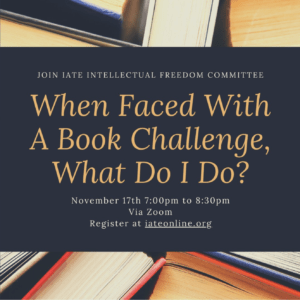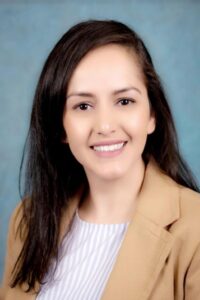Author Archives: Angelo
2022 Fall Conference Hotel Information

Professional Development Event Offered by Illinois Valley Community College
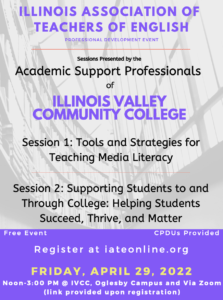 Professional Development
Professional Development
Event Offered by Illinois Valley Community College
Friday, April 29, 2022
Registration is FREE—please click here to register.
Book Study: Courageous Conversations About Race
Courageous Conversations About Race
by Glenn E. Singleton
Please join our book discussion group hosted by IATE’s Intellectual Freedom Committee in spring 2022.
Registration for members: FREE
Registration for non-members: $35
Challenged Book Presentation
Please join Amy Magnafichi Strong, IATE’s Intellectual Freedom Chair, on November 17, 2021, 7:00 PM until 8:30 PM, via Zoom, for a presentation and Q&A.
(Zoom link to presentation for registered guests)
Pandemic Processing and Mindful Solutions
Please join us on November 9 at 7 p.m. on Zoom for a one hour workshop designed to give you some space to process your own experiences as well as offer some concrete strategies for how to help students process theirs. The workshop will be facilitated by Sandra Montes, a Licensed Clinical Social Worker and owner of In Motion Counseling.
Zoom Information for Pandemic Processing PD Session
Sandra Montes
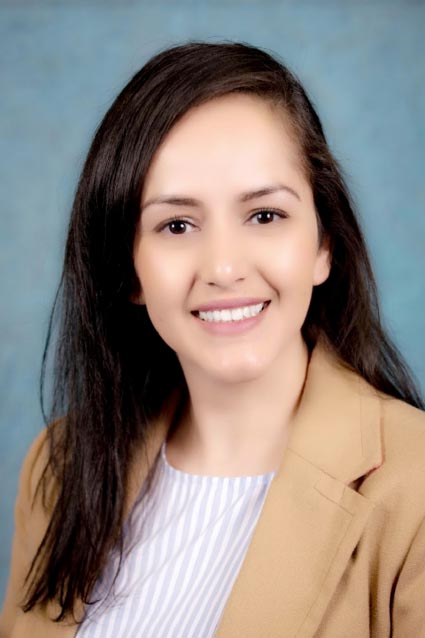 Sandra Montes is bilingual and Latina, and has worked with children, adolescents and adults in a variety of settings from inpatient units to community mental health settings. She has worked in both suburban and urban high schools, helping students reach their full potential. Using a trauma-informed lens, Sandra has helped clients with depression, anxiety, and stress management. She works with educators, healers and other high stress professionals. Sandra is a firm believer in strength based perspective and cognitive behavioral therapy and also believes in a spiritual and holistic perspective in therapy. She has a focus on behavioral activation or “moving,” helping clients become motivated to move their physical bodies to feel relief for their emotional state.
Sandra Montes is bilingual and Latina, and has worked with children, adolescents and adults in a variety of settings from inpatient units to community mental health settings. She has worked in both suburban and urban high schools, helping students reach their full potential. Using a trauma-informed lens, Sandra has helped clients with depression, anxiety, and stress management. She works with educators, healers and other high stress professionals. Sandra is a firm believer in strength based perspective and cognitive behavioral therapy and also believes in a spiritual and holistic perspective in therapy. She has a focus on behavioral activation or “moving,” helping clients become motivated to move their physical bodies to feel relief for their emotional state.
Challenged Books Presentation Zoom Link
The coupon code contained in this post is available only to student members.
Kevin Long
Speak the Speech I Pray You: Using Cue Scripts to Introduce Shakespeare’s Language and Decoding Strategies


